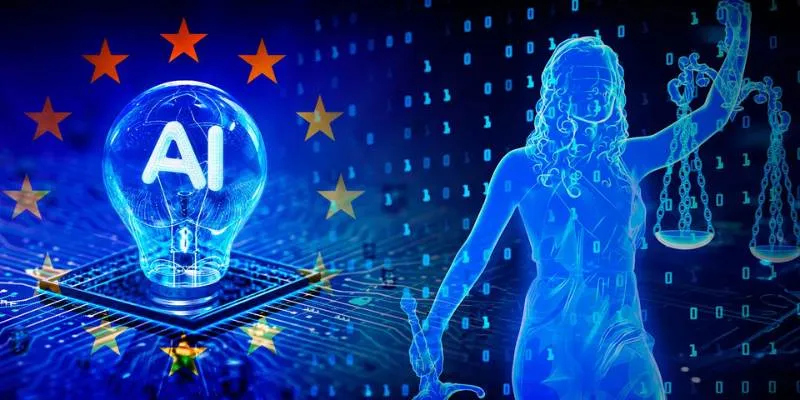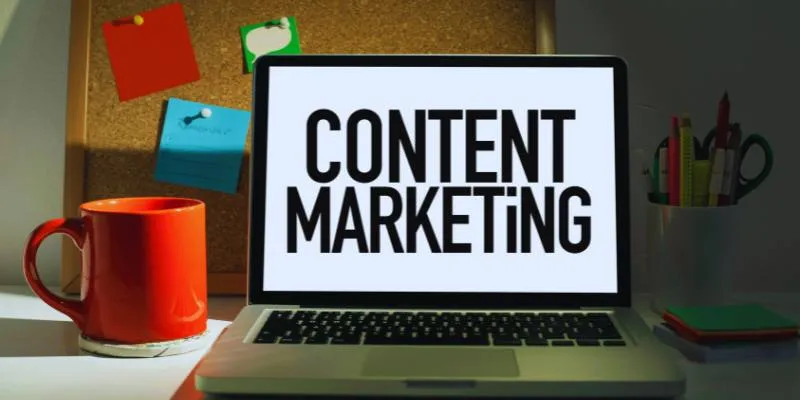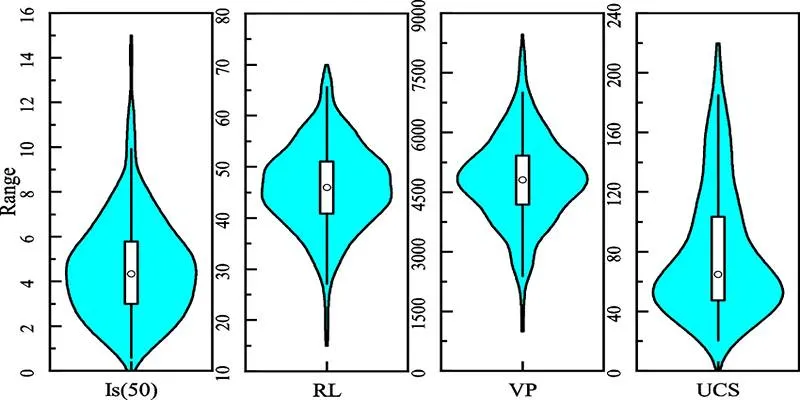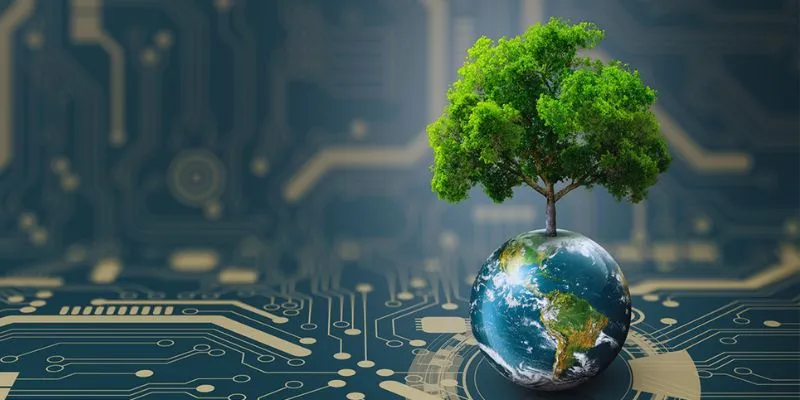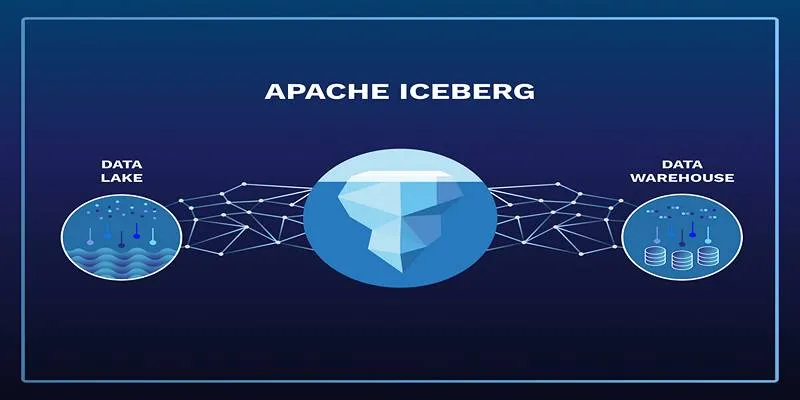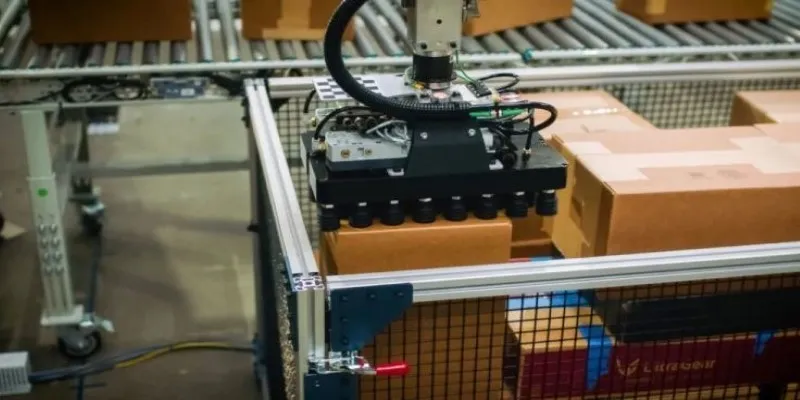The beauty industry is experiencing a significant transformation as technology reimagines how products are conceived and produced. IBM and L’Oréal have teamed up to utilize generative AI for cosmetics, blending data-driven insights with innovative product design. This partnership enhances the human element by providing smarter tools, allowing for more personal, efficient, and eco-friendly products. In response to the growing demand for customization and sustainability, generative AI offers a promising way to revolutionize beauty.
How Generative AI is Shaping Beauty Research
L’Oréal has a long-standing commitment to scientific research to support its products. Traditionally, identifying the right ingredients for skincare or cosmetics has been a lengthy process. Generative AI introduces a new approach, processing vast datasets to suggest innovative combinations swiftly. With IBM’s AI expertise, researchers can now simulate ingredient interactions, predict formula performances, and assess potential irritants digitally before physical testing.
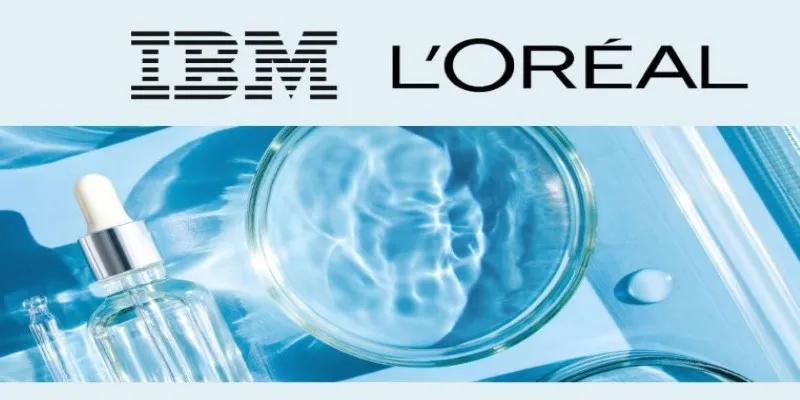
This technology doesn’t just automate existing processes—it opens up new possibilities. By learning from extensive experimental data, AI systems can identify patterns and outcomes that might be missed by humans, offering novel ideas supported by predictive modeling. For instance, AI can suggest ingredient blends that optimize hydration without causing sensitivity or pigments that better suit different undertones. These insights don’t replace lab validation but make each test more informed and likely to succeed, reducing wasted resources and shortening the path from concept to market.
The predictive power of generative AI also allows for the development of products that anticipate emerging needs. As consumer preferences evolve towards gentle, inclusive, and effective products, brands can use AI to forecast which formulations are likely to resonate and plan accordingly, making research more dynamic and responsive.
Personalized Recommendations on a New Level
Generative AI for cosmetics significantly enhances personalization. Traditionally, personalization meant choosing from pre-made options based on broad categories like skin type. AI changes this by analyzing more variables—skin condition, age, lifestyle, climate, and individual sensitivities—allowing for highly tailored products.
With IBM’s technology, unique formulas can be generated quickly to meet specific needs. For example, a customer in her 50s with dry, reactive skin in a cold climate could receive a formula that soothes and protects against harsh weather. In stores and online, beauty advisors can use these insights to offer more helpful, personalized guidance. Even makeup shades can be more accurately recommended, addressing a long-standing issue of finding the perfect match for foundation or concealer.
This level of personalization improves the shopping experience and helps build trust, as customers feel their individual needs are understood and met. As expectations grow for tailor-made products, generative AI offers a scalable way to deliver on this promise without compromising quality.
Improving Sustainability Through Smarter Formulation
Today’s beauty brands are expected to produce effective products responsibly. The environmental impact of production, ingredients, and packaging is under increasing scrutiny. Generative AI helps design products with sustainability in mind by modeling countless combinations quickly and recommending renewable, biodegradable, or less resource-intensive ingredients that still achieve desired effects.
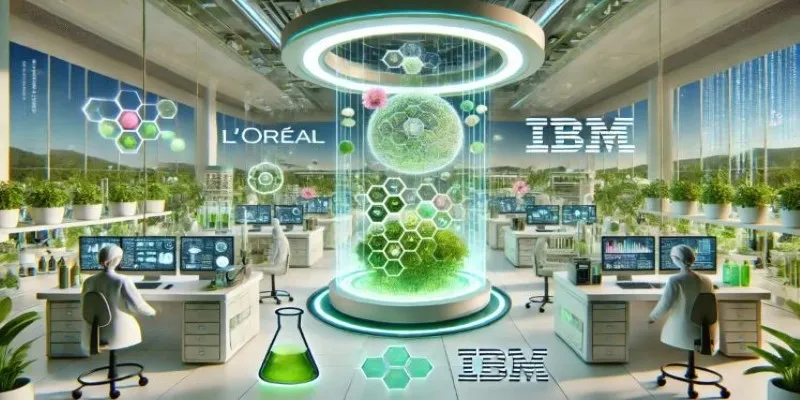
For example, AI might identify a plant-based alternative to a synthetic ingredient that performs well but with a lower environmental impact. It can also minimize waste by predicting the most efficient formula early in development, reducing the need for multiple rounds of physical testing. For L’Oréal, committed to ambitious sustainability goals, these capabilities naturally align with its strategy.
This smarter formulation process helps companies meet regulatory requirements and consumer expectations. As shoppers pay closer attention to product ingredients and production methods, offering environmentally friendly formulas without sacrificing effectiveness becomes a significant advantage. Generative AI makes this process practical and reliable by providing clear, data-driven guidance.
The Future of Beauty with AI
The collaboration between IBM and L’Oréal demonstrates how generative AI for cosmetics enhances creativity without replacing human expertise. Researchers and designers remain central, but they start with better insights, saving time and avoiding errors. Transforming complex data into actionable ideas helps keep up with changing customer needs and preferences.
This technology also strengthens the collaborative connection between brands and consumers. As demand increases for personalized and sustainable products, generative AI enables brands to respond authentically, basing decisions on real data about what works, what customers want, and what the planet can sustain, thereby building confidence in their recommendations.
Generative AI is becoming integral to the customer experience with beauty brands, from research labs to stores, creating new ways to connect and deliver value. For the industry, it’s an opportunity to evolve while maintaining the personal, emotional connection that beauty products inspire.
Conclusion
IBM and L’Oréal’s use of generative AI for cosmetics blends technology with creativity to meet modern demands. It accelerates research, enables personalization, and promotes sustainability, making beauty products safer and more tailored. Customers enjoy solutions suited to their needs and values, while researchers gain smarter tools without losing creative control. This partnership illustrates how AI can enrich the beauty experience, making the industry more responsive and connected to its audience.
For more insights on the impact of AI in various industries, explore our Technology Blog and discover related innovations.
 zfn9
zfn9




